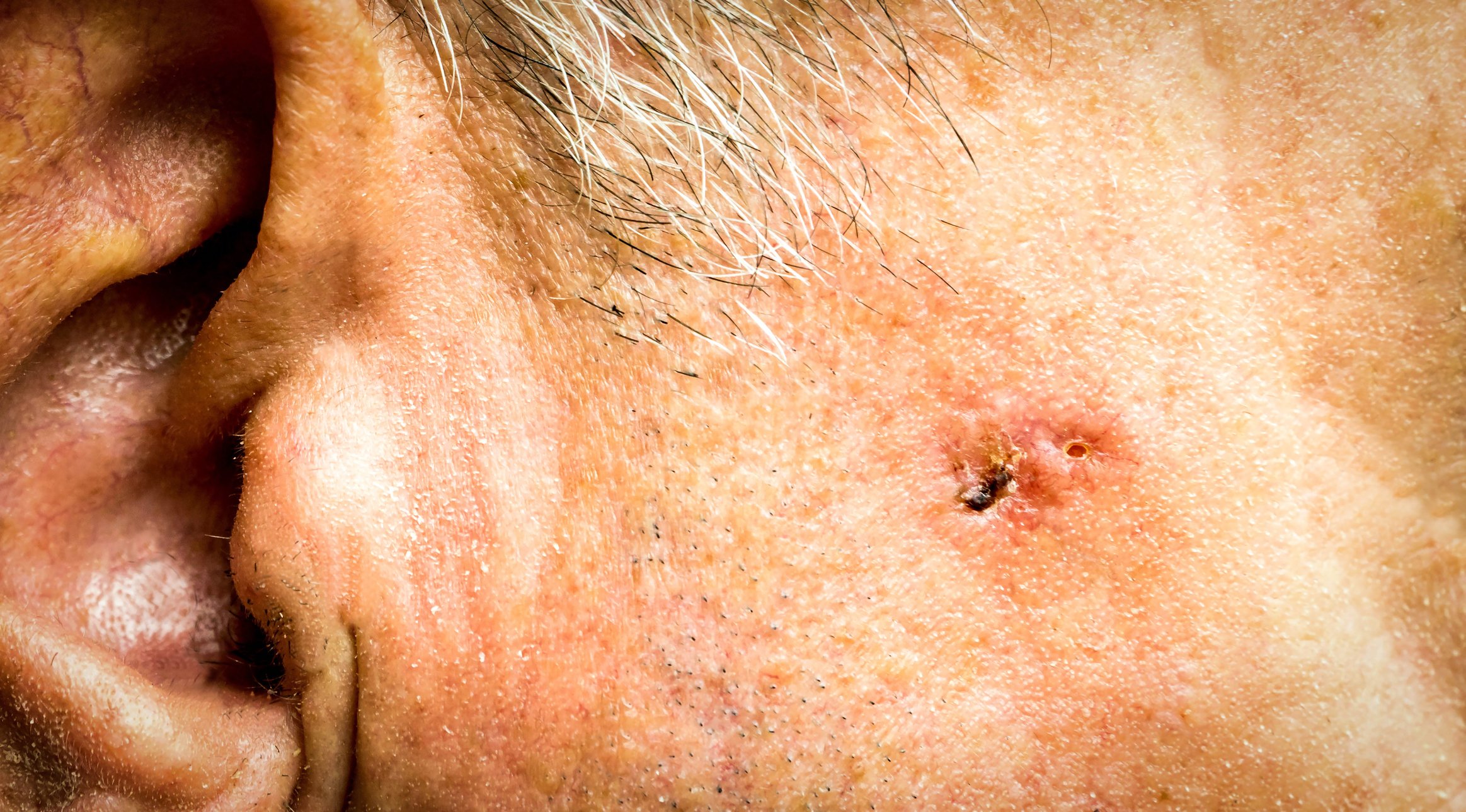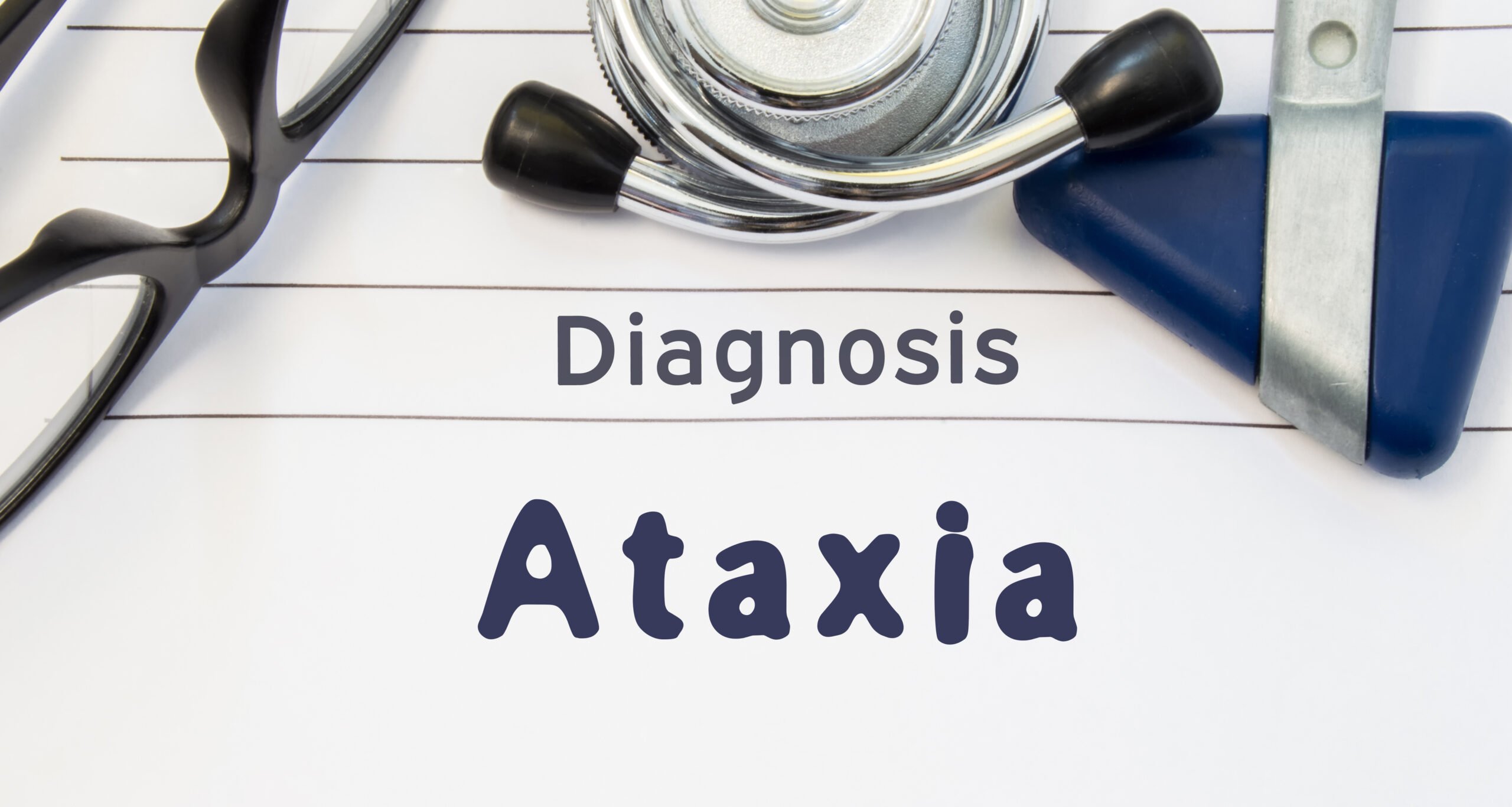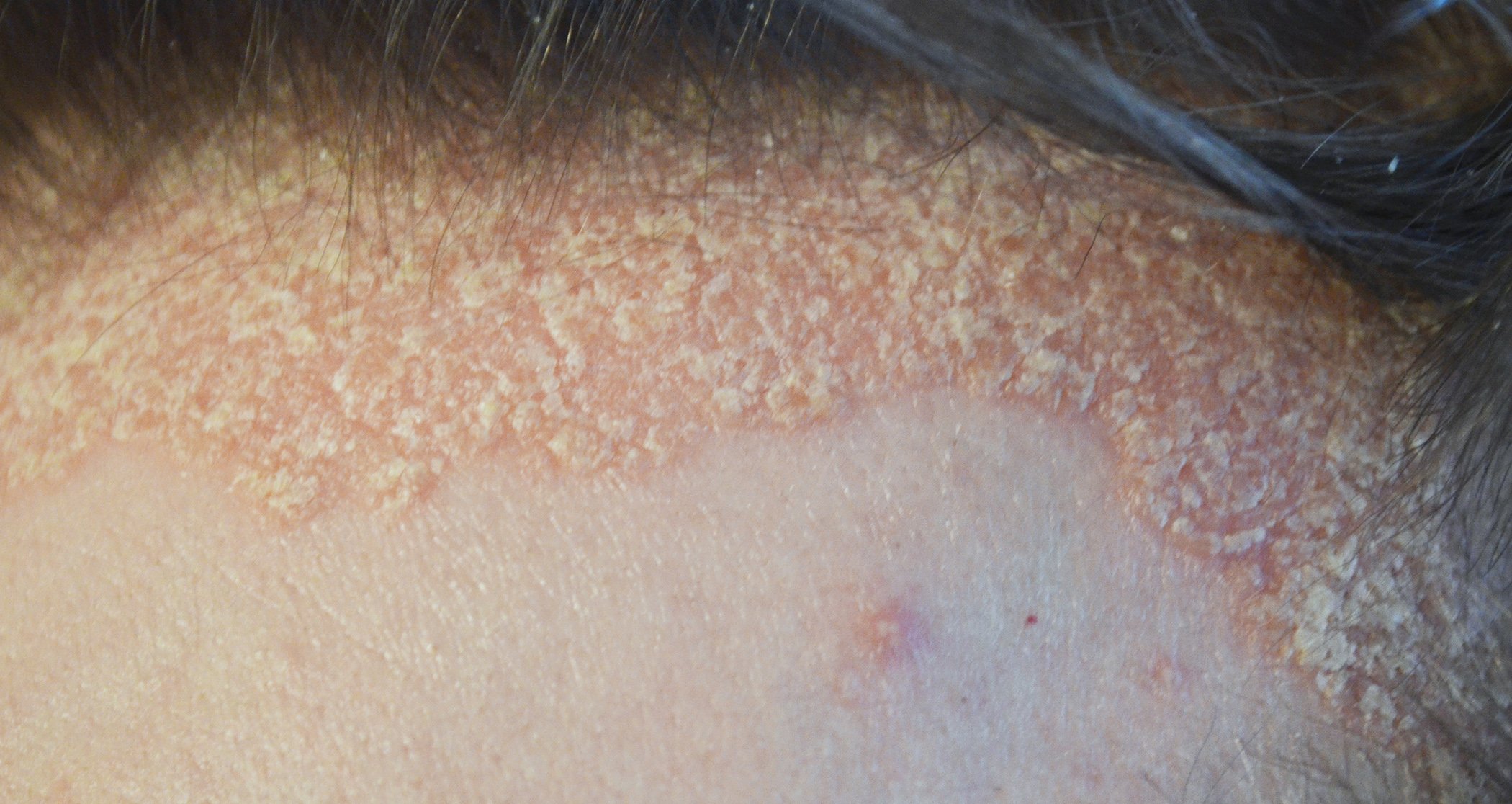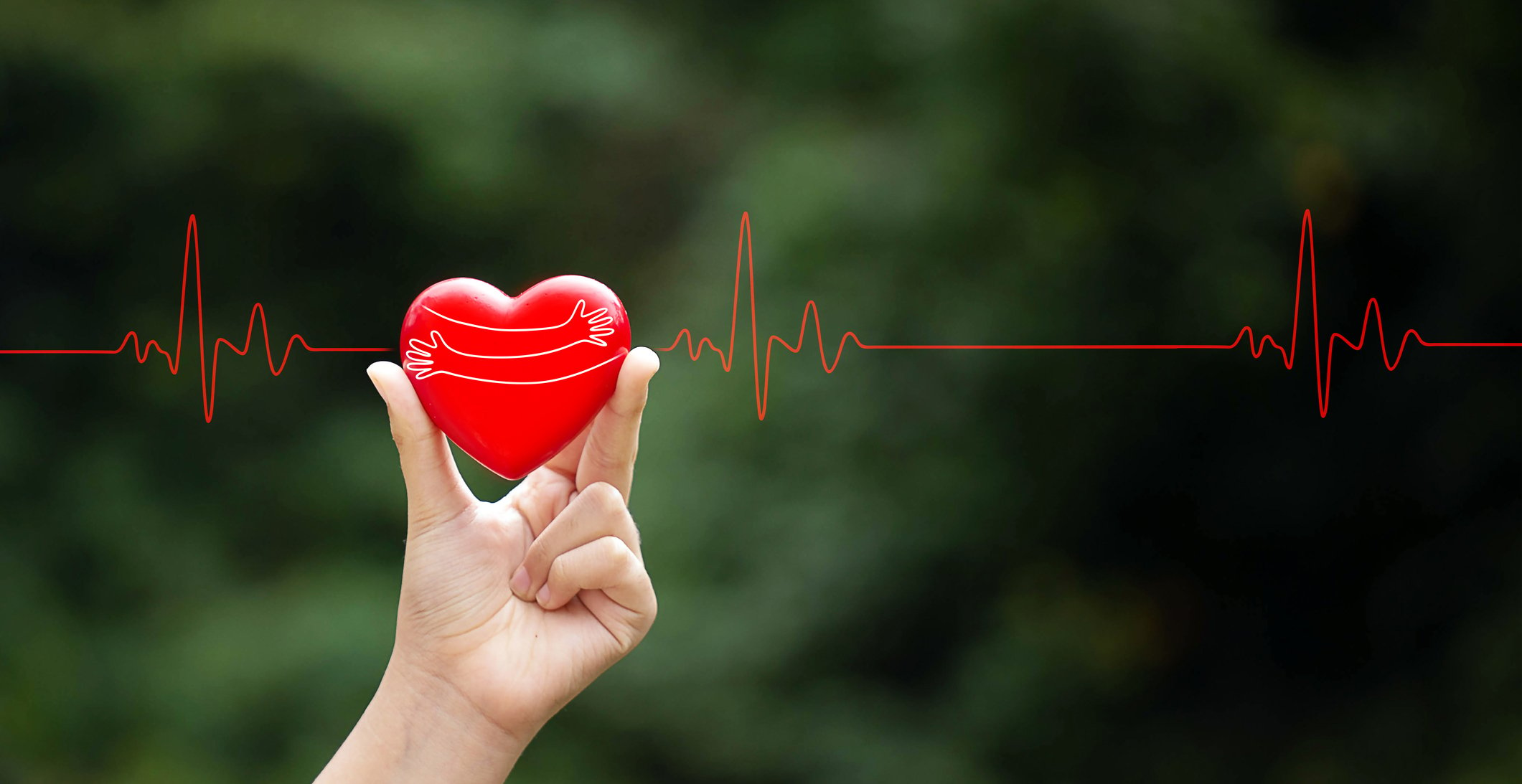For the first time, long-term study data show that dabigatran etexilate is an effective and safe therapeutic option in the prevention of stroke in patients with atrial fibrillation among novel oral anticoagulants.
The development of the new oral anticoagulants (NOAKs) is tantamount to a breakthrough in the prevention of stroke in atrial fibrillation (AF). For a long time, vitamin K antagonists (VKA) were the effective standard therapy. However, it has always been assumed that although anticoagulant therapy results in greater protection against ischemic stroke, i.e., stroke caused by a thrombus, it also implies a significantly higher risk of bleeding. The result of the pivotal study RE-LY [1, 2] dispelled this prejudice. The study showed a significantly reduced risk of stroke and systemic embolism with dabigatran etexilate 2x daily 150 mg. The dosage 2x daily 100 mg showed a risk comparable to VKA warfarin, at the same time the risk of intracranial hemorrhage decreased significantly under both dosages. Severe bleeding rates were comparable with warfarin at the high dosage (150 mg twice daily), and rates of major bleeding decreased significantly when dabigatran etexilate 110 mg was administered twice daily.
Long-term clinical experience – RELY-ABLE
The high efficacy and balanced safety profile of dabigatran etexilate has now been confirmed by long-term data. Patients who completed the RE-LY® trial were followed up for an additional 2.3 years on average. In this continuation study, RELY-ABLE [3], patients received the same double-blinded dose of dabigatran etexilate as before. Subjects who had received warfarin in RE-LY were not part of the study.
Thus, dabigatran etexilate is the only NOAK with long-term data totaling 4.3 years in 5851 subjects. Prof. Dr. med. Thomas F. Lüscher, Zurich, presented the current evaluation, which was first published at the AHA Congress, at an event in Zurich. The data show high agreement with the results of the pivotal study: Low rates of stroke, systemic embolism and ischemic stroke indicate a high efficacy of the drug, while low rates of major bleeding and a very low number of intracranial hemorrhages indicate a favorable safety profile.
Only in November, based on these new study data, the FDA confirmed the benefit and safety of the drug [4]. According to the updated European Society of Cardiology guidelines, although VKA are effective, anticoagulation with NOAKs is recommended because of their weaknesses in use [5]. The simpler use of NOAKs has its significance mainly in practice, since no routine coagulation monitoring is required and the intake can be done independently of meals, since there is no need to fear interactions with other side effects when taking dabigatran etexilate.
Literature list at the publisher
Source: Boehringer Ingelheim press conference, December 5, 2012, Zurich.











